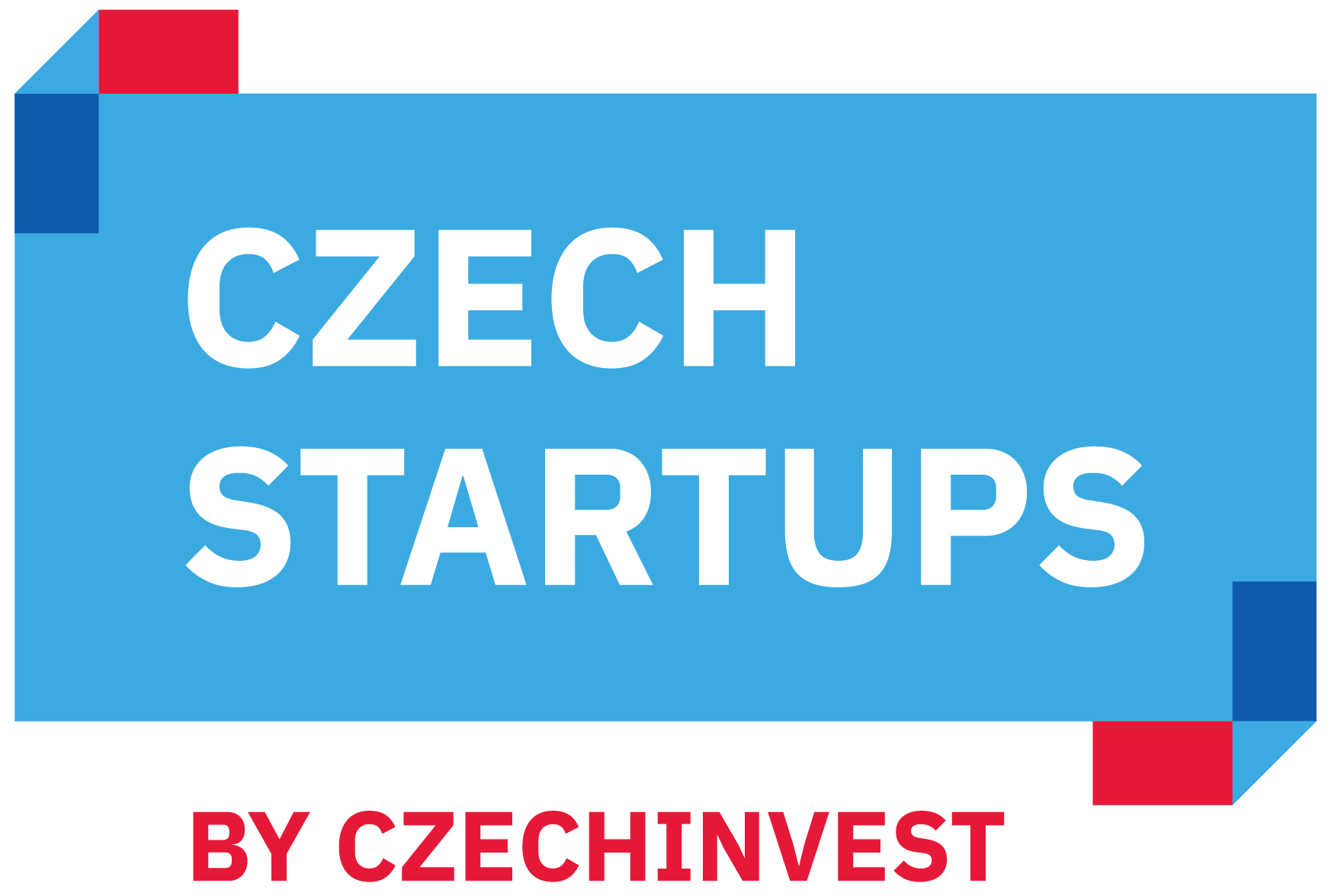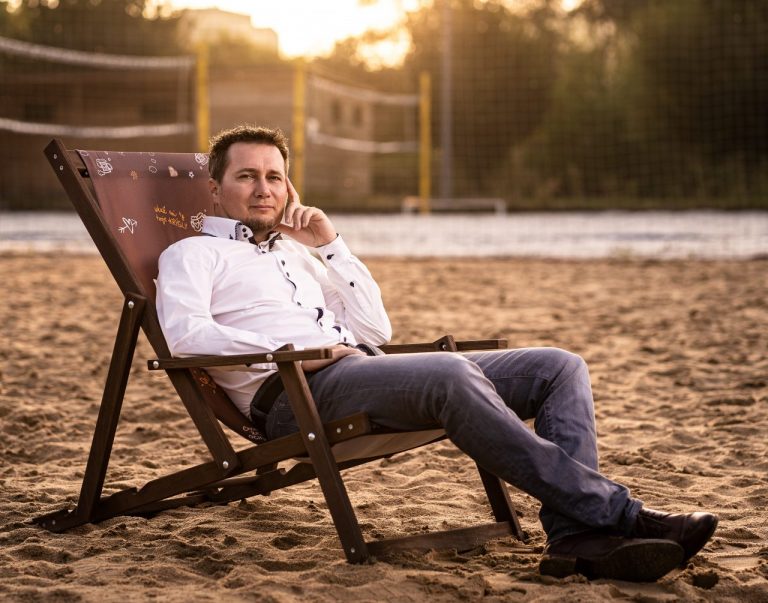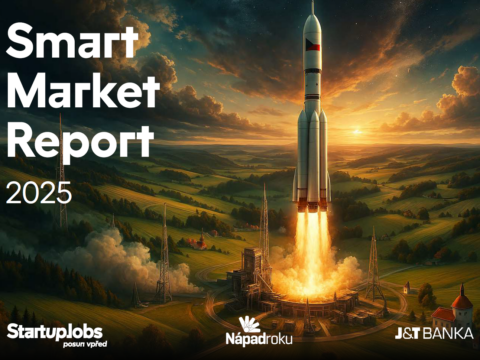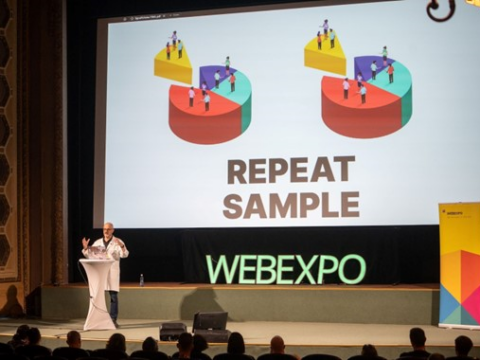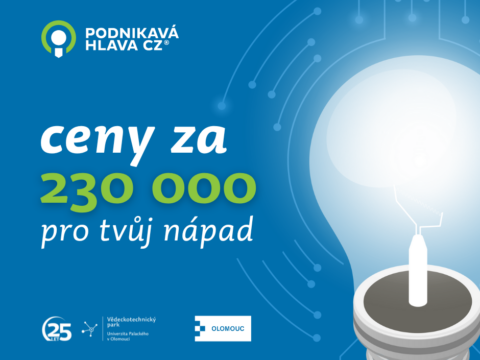Tomáš Malovec is not only the founder of the startup Born Digital, but also a man of passion with the soul of a businessman. When we first met him, he had an enthusiasm for the issue and explained the work of his team to us so that we could have the fullest possible understanding of it. Though the Born Digital project came into existence only 15 months ago, when it separated from Marek Rosa’s globally known GoodAI, it already has a team of 16 people and their virtual assistants handling approximately 150,000 calls every month. As Tomáš himself explains at the beginning: “Our main goal is to help customers with their specific know-how in the field of virtual assistants, which replace human conversation with artificial intelligence. We are able to make our voicebots precisely recognise your voice during a call, help you retrieve a lost credit-card PIN, or calm you down on an emergency line that is overloaded because of a major fire that is being reported by several witnesses at the same time.”
Born Digital has its own technology, but it would not be possible without business managers and consultants. We spoke with Tomáš about that and more. How does he handle it? Does the company have any competition? How can a virtual assistant help dozens of people at the same time during a power outage? And what distinguishes Born Digital from other similar projects? Read our interview with Tomáš to find it.
Tomáš, we briefly presented Born Digital at the beginning, but tell us something more about it? How did it all begin?
Three years ago, artificial-intelligence researchers at GoodAI put together a chatbot whose neural network was trained specifically for the Czech language. The chatbot had very good results, which aroused companies’ interest. The product was technically very capable, but they needed someone with very good business knowledge at GoodAI. That is when I brought my experience to GoodAI and took the new GoodAI Digital department, which is focused on the use of artificial intelligence to process natural language, under my wing.
The department gradually expanded. At a certain point, it made sense to split the company so that we could each focus on our respective disciplines. GoodAI Digital was renamed as Born Digital and we became a separate entity. We have built a very capable team of programmers, consultants and computer linguists, which currently numbers 16 people. Business knowledge has helped us to better target our service and our main focus is on voice assistants.
Artificial intelligence is now a topical issue and has been much discussed recently. How is your work with virtual assistants different from that of other projects, your potential competitors?
Our greatest strengths include the ability to combine business knowledge with technical expertise. As I mentioned previously, our neural network is made specifically for the Czech and Slovak languages. It is trained on Czech datasets, which differentiates us from most competing solutions, which rather use neural networks of other globally more widespread languages and retrain them in Czech, which diminishes their accuracy. In addition to NLP specialists, we also have a strong team of computer linguists who understand the structure of the Czech language and know what kind of requirements neural intelligence has specifically for a given language.
Thanks to this, we already have several deployed voice assistants that handle more than 150,000 calls per month. Our voicebots have already handled more than two million calls in total.
I know that you are working not only on purely business-oriented projects, but you are also focusing on other projects. Can you tell us more about your work for the Fire Rescue Service? After all, that involves human lives and virtual assistants have to fully assess the situation and not make mistakes.
Exactly. The greatest challenge is to fine-tune the entire system so that it has a minimum error rate and is able to potentially work with such situations.
During emergency calls, the rescue line workers are under tremendous pressure. They have to keep the caller calm, correctly understand what the caller is saying, ask comprehensible questions, not forget anything and write everything down during the call – in short, it’s hard, stressful work.
The technology is already able to write down information and verify its accuracy, and ask about everything important faster than humans. For example, a voicebot is many times faster than a human in checking if the address that the caller reported actually exists. Another indisputable advantage of the technology is the ability to communicate with thousands of callers at the same time, which is something that call centres are not dimensioned for.
The technology’s level of understanding callers is still lower than that of trained workers, but that is offset by a higher level of querying and confirmation questions. Also, technology is not afraid to admit that it does not understand and will ask the caller to repeat statements more slowly. Of course, we are also thinking of cases in which the technology fails and the caller is unable to understand it or a person refuses to cooperate with the voicebot, in which case the system automatically transfers the caller to a human operator.
You have truly managed to get a lot done in a year and a half. Where do you see yourself in five years? Expansion? Investments? More projects?
We have verified that there is interest in virtual assistants on the Czech and Slovak markets and that they can really make the operation of customer centres significantly more efficient. We would like to expand our operations to other countries. The next step will be to focus on markets with globally utilised languages. We are already communicating with global partners and investors, who are helping us with that expansion.
Good luck to you!
photo: Tomas Malovec, CEO of startup Born Digital

